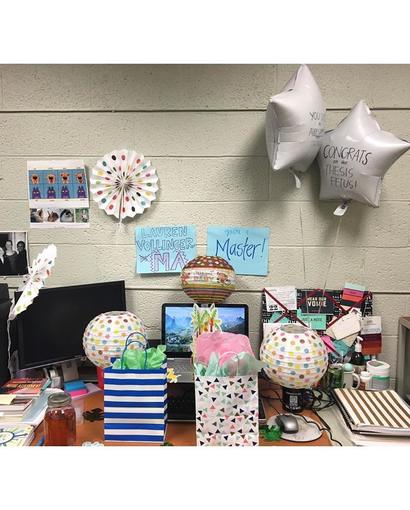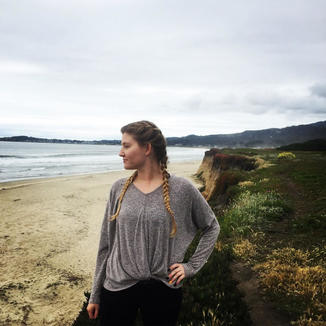
I’m not the first person to say this and I certainly won’t be the last… Social support is essential to being successful in graduate school. In true academic fashion, I decided to see if there was any research to back this up, and sure enough, there is!
Researchers from Penn State University found that social support from 1) academic friends, 2) family, and 3) advisors are all necessary for successful graduate degree completion. Having support from each of these groups is beneficial because they all contribute something different to your emotional well-being. For example, academic friends can be great at helping develop and encourage new ideas, whereas family can provide practical support such as helping with household chores, providing child care, and making sure their loved one remembers to eat!
I was fortunate enough to receive varying levels of support from people in all three groups over the past few months. Some people sent money and gift cards for me to get myself some coffee on long writing days while others sent impeccably well-timed words of encouragement via text or on social media. What surprised me was how impactful the smallest gesture could be, particularly from people or at times I least expected. The camaraderie among students in my graduate program is wonderfully unique, my family seems to always find ways to support me from afar, and my advisors do everything in their power to ensure I succeed. For that I feel incredibly lucky.
All this to say, any type of support you can offer a graduate student (or anyone) has the power to make a larger impact than you may realize. For those that have been there for me, thank you for being constant sources of support and happiness in my life. You all sure know how to make a salty, cranky, sleep-deprived, stressed-out girl feel like she can keep pressing on.
Jairam, D., & Kahl Jr, D. H. (2012). Navigating the doctoral experience: The role of social support in successful degree completion. International Journal of Doctoral Studies, 7, 311-329.

